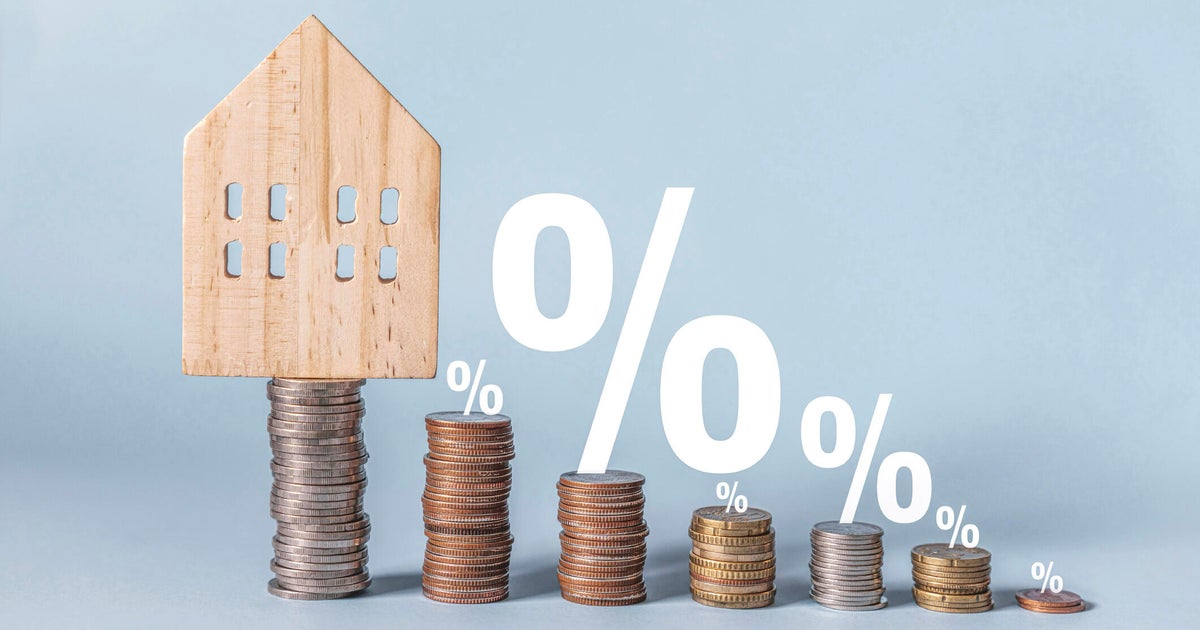Mortgage rates are rising faster than they have in more than a decade
The average interest rate for a 30-year mortgage in the U.S. has risen to 4.67%, up sharply from 4.42% a week ago, Freddie Mac said Thursday.
The cost of home loans has surged over the last year, especially after the Federal Reserve announced earlier month that it was raising its short-term borrowing rate for the first time since 2018. A year ago, a fixed-rate 30-year mortgage — the most common loan for Americans buying a home — averaged 3.18%. The rate on a 15-year mortgage now averages 3.83%, up from 3.63% last week and 2.45% a year ago, according to Freddie Mac.
The Mortgage Bankers Association pegs the average rate on a conventional home loan at an even stiffer 4.8%. Mortgage rates haven't risen this quickly since February 2011, according to the group. That is compounding the difficulty of buying a home, with Mike Fratantoni, the trade group's chief economist, also noting the shortage of properties for sale. The 4.8% rate on a standard loan is the highest since December 2018.
The jump in rates from last week would cost a homebuyer using a conventional 30-year mortgage to buy a median-priced home an additional $300 a month, Nadia Evangelou, senior economist and director of forecasting for the National Association of Realtors, told CBS MoneyWatch.
Mortgage rates are rising as residential real estate prices also continue to increase, pushing the dream of homeownership beyond the means of many middle-class Americans, who must compete against investors and higher-income buyers.
Home prices in 20 major cities rose 19% in January from a year ago, according to the latest S&P CoreLogic Case-Shiller Index. Residential real estate costs have continued to climb because of the dearth of homes on the market and pent-up demand from buyers as COVID-19 loosens its grip on the U.S.
Atlanta, Georgia; Charlotte, North Carolina; Phoenix, Arizona; Miami, Florida and San Diego, California are experiencing some of the biggest home price increases in the U.S. As mortgage rates rise, meanwhile, more buyers are taking out adjustable-rate mortgages — one of the financial products blamed for the 2006 housing crisis.
A Bankrate survey released Wednesday found that more than 40% of respondents said they don't earn enough to buy a house or afford a down payment and closing costs. One in five said they can't afford a home because mortgage rates are too high.
"High – and rising – home prices can contribute to the feelings of not having enough income or savings accumulated to buy a house," Bankrate chief financial analyst Greg McBride said in a statement Wednesday.



